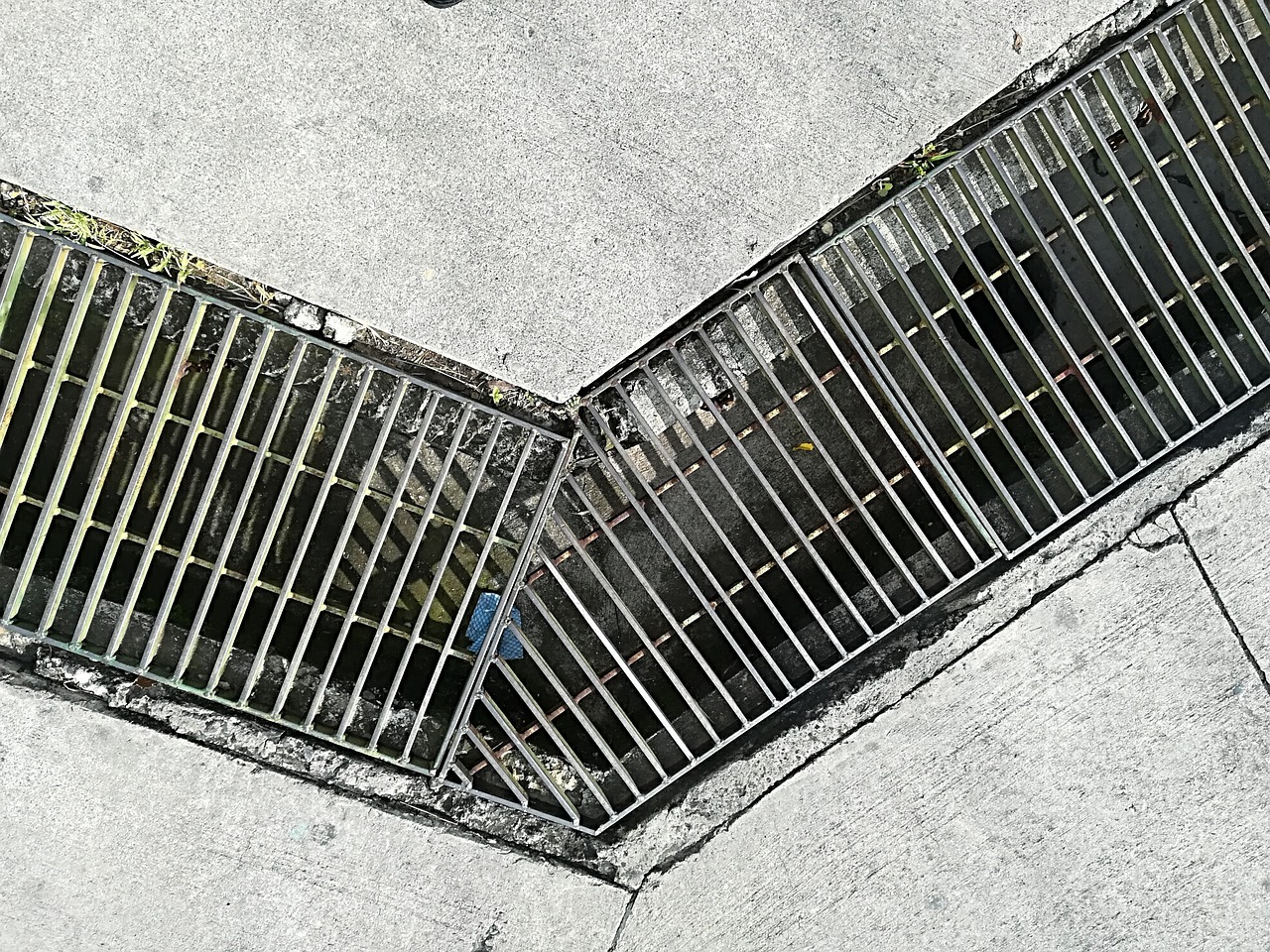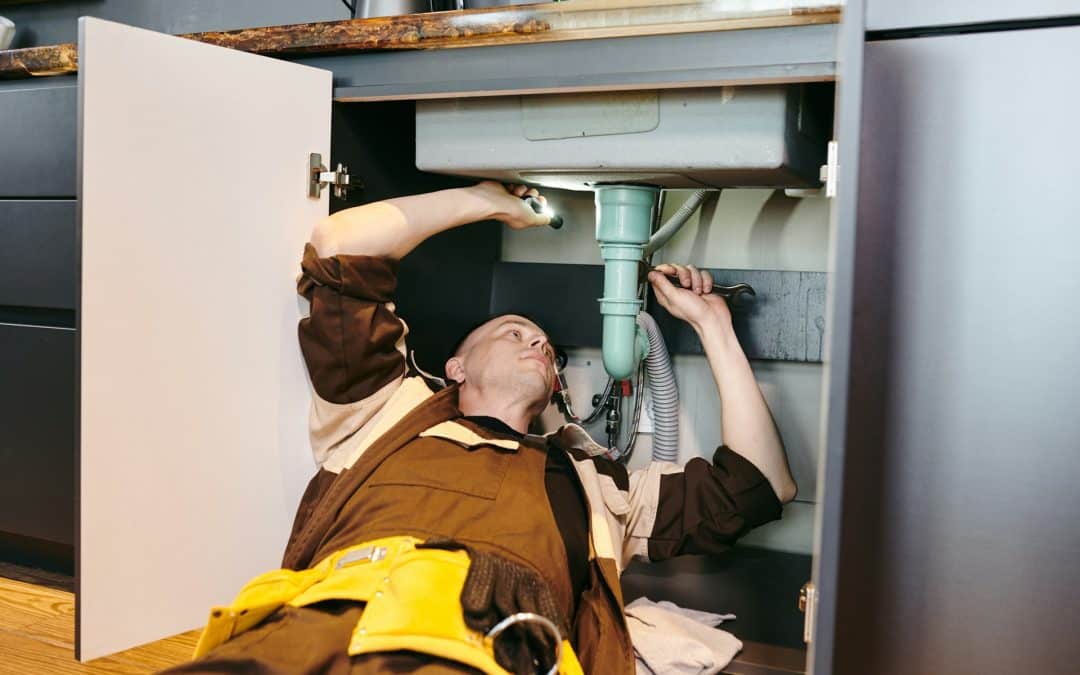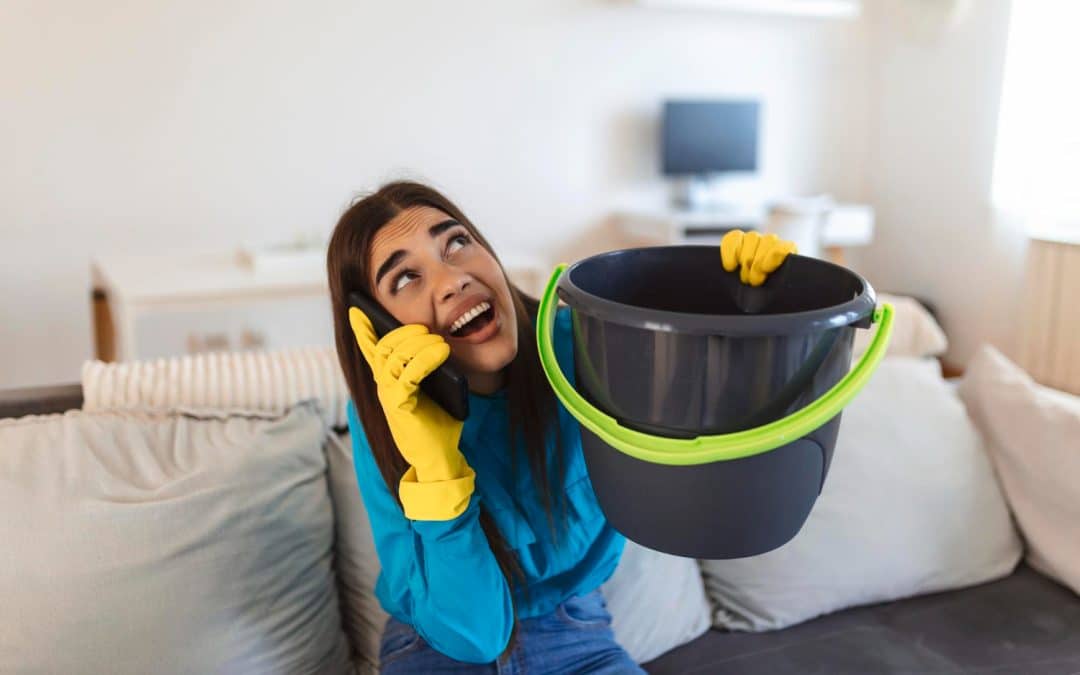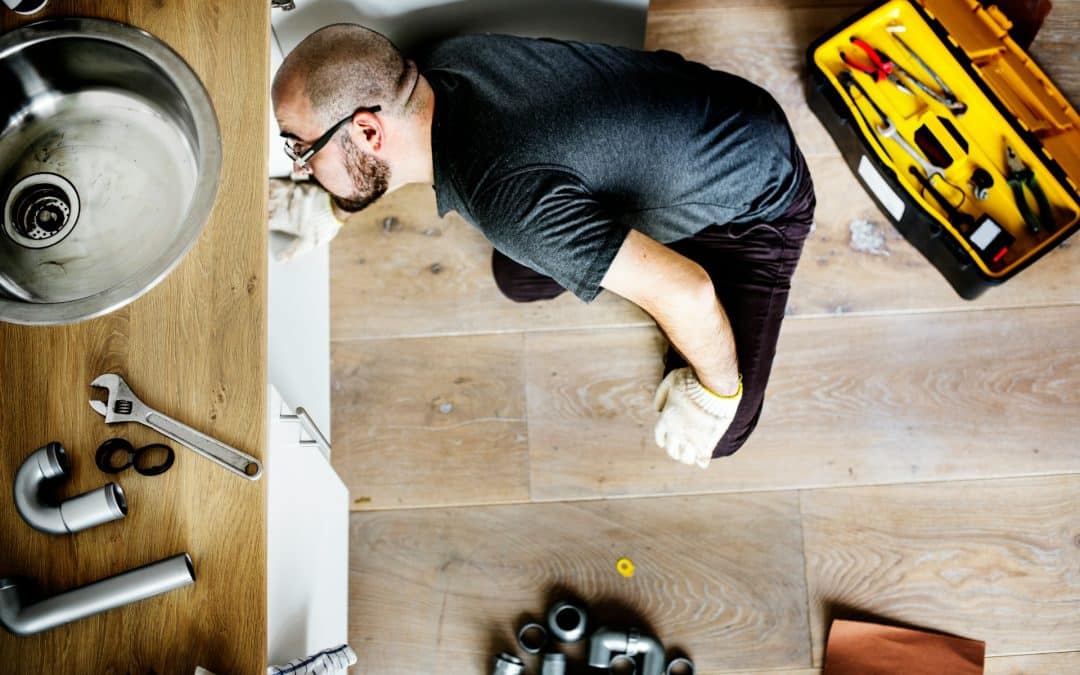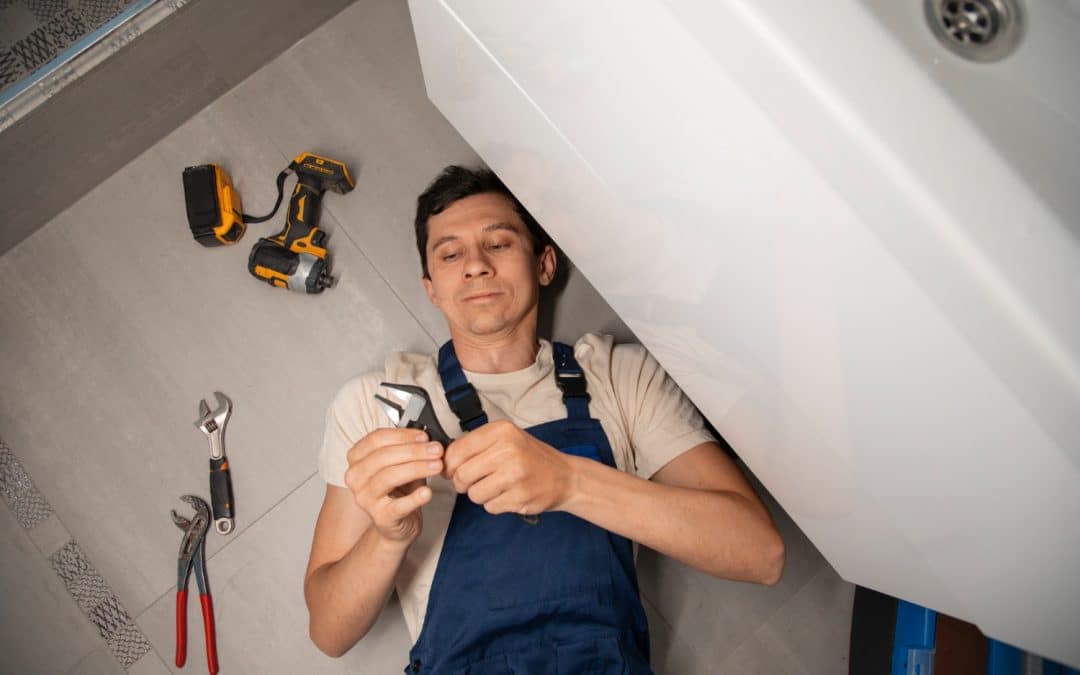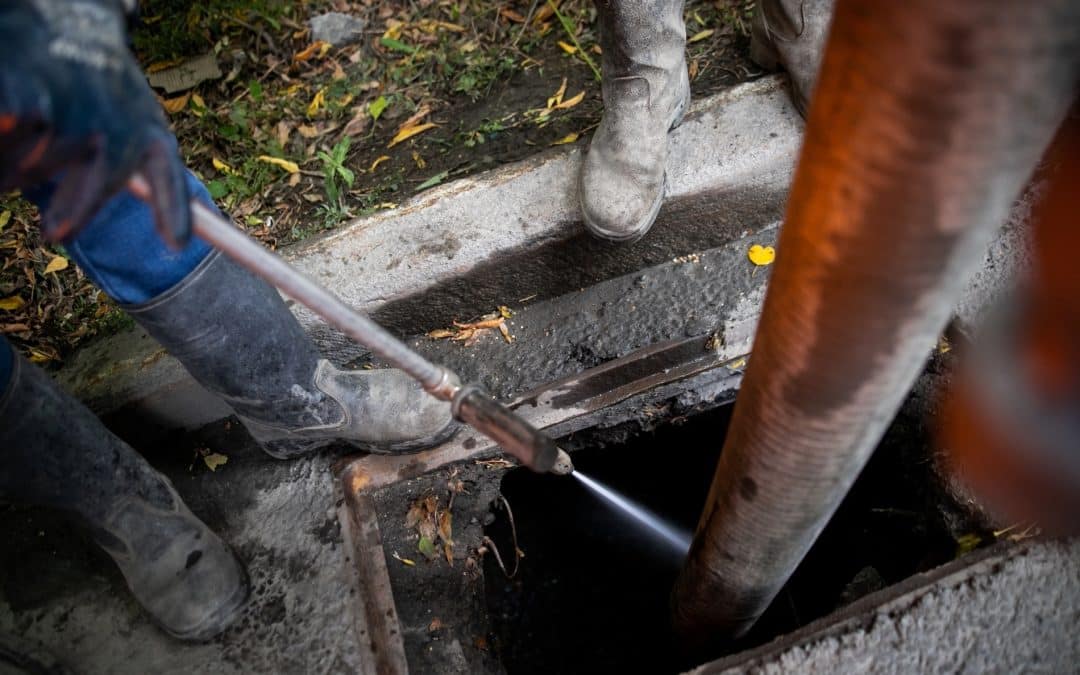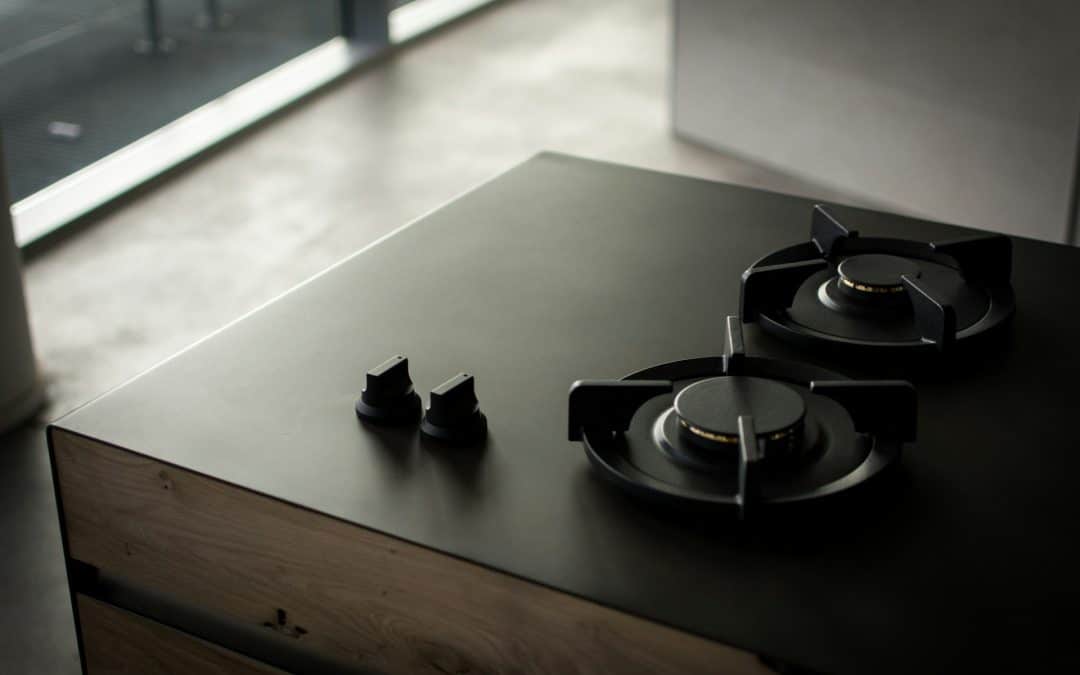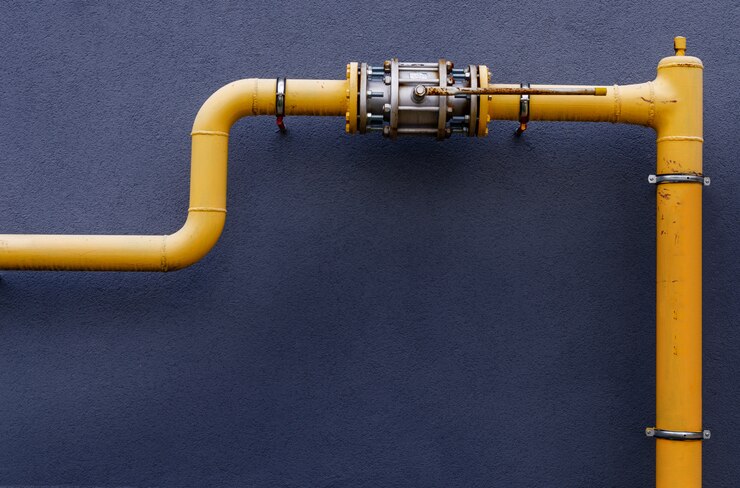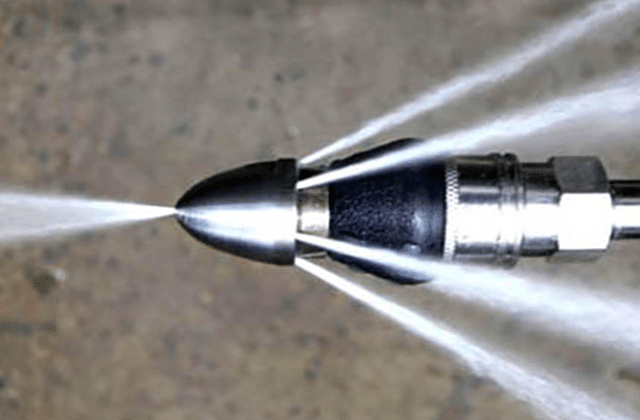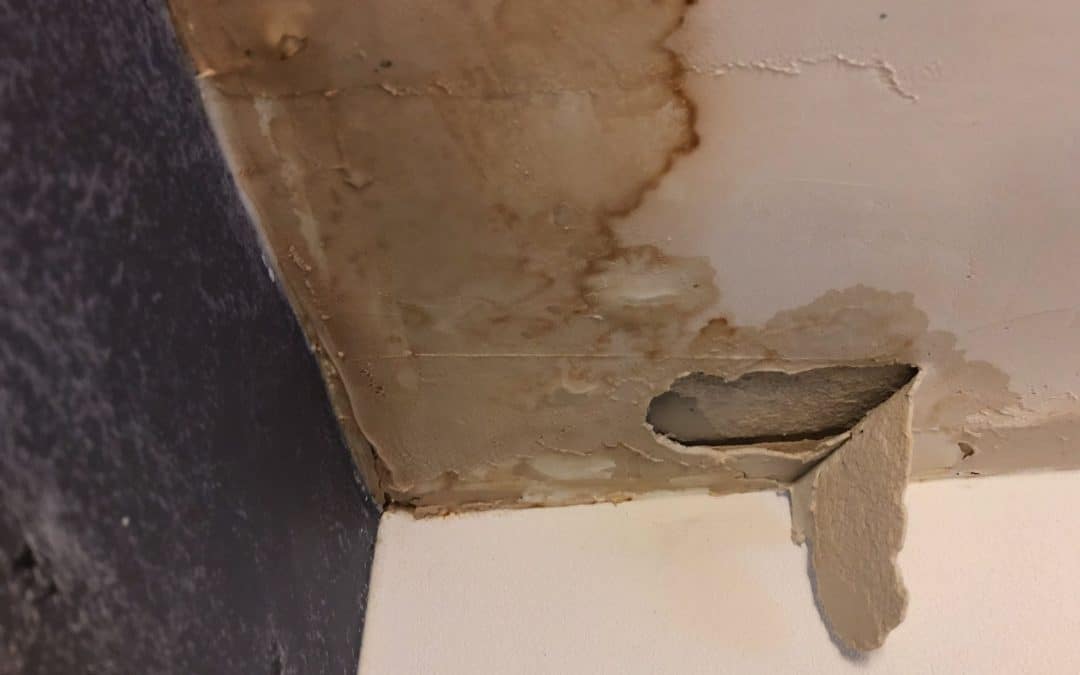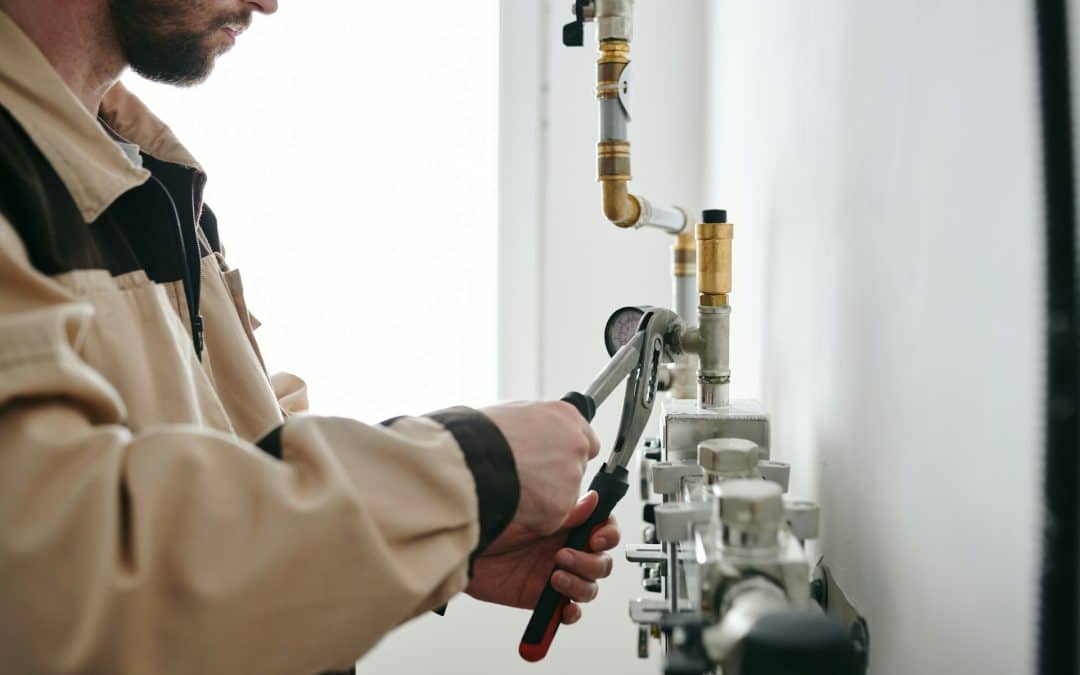Sewer lines are crucial for maintaining a healthy and functional home, but they’re often overlooked until a major issue arises. Finding out your sewer line needs repair can be stressful, but spotting early signs can save you from expensive and widespread damage. The good news is, there are clear indicators that can help you catch sewer line problems before they escalate.
From slow-draining sinks to unpleasant odors wafting through your home, these signs often signal trouble brewing beneath the surface. You might think occasional slow drains or minor backups are minor issues, but they often hint at a more significant underlying problem. Ignoring these signals can lead to severe consequences like extensive water damage or even structural issues.
Your yard can show signs of sewer line trouble too. Lush patches of grass, soggy spots, and sinking ground often indicate leaks or breaks in the sewer line. Paying attention to these symptoms can prevent costly repairs and disruptions. This article will walk you through the top signs your sewer line needs repair, ensuring you know what to look out for and when to call in the experts.
Persistent Drain Clogs
Slow Drains in Multiple Areas
Finding slow drains around your home is frustrating. If multiple drains are slow, it could mean a serious issue in your plumbing. Slow drains often occur due to buildup in the pipes, causing water to drain slowly. Hair, soap scum, and grease are common culprits. When this happens in more than one area, it suggests that the problem lies deeper in the plumbing system, possibly in the main sewer line. Clearing clogs early can prevent bigger problems down the road.
Frequent Backups
Often, persistent drain clogs lead to backups in sinks, tubs, and toilets. Backups happen when water can’t flow freely, causing it to back up into the home. If you notice frequent backups, it might indicate a blockage in the main sewer line. This can lead to water damage and even health hazards if not addressed promptly. Using drain cleaners may provide a short-term fix, but persistent issues require professional help.
Gurgling Sounds From Drains
Hearing gurgling sounds from the drains often signals a clog. These sounds occur when air trapped in the pipes tries to escape as water flows through. Gurgling can indicate blockages forming deeper in the pipes that need addressing. Ignoring these noises can lead to more severe clogs that disrupt your plumbing system. It’s best to tackle the issue early to avoid future headaches.
Unusual Odors
Foul Smells in Your Home
Unpleasant odors in your home can point to plumbing problems, especially if they come from your drains or fixtures. These smells usually result from waste or food particles trapped in the pipes. Over time, bacteria break down the waste, producing foul odors. Regular cleaning and maintenance of the plumbing system can prevent these smells from becoming a constant nuisance.
Sewage Odors in Your Yard
If you detect sewage smells in your yard, it could indicate a serious problem with your sewer line. These odors are often due to leaks or breaks in the sewer system. Sewage smells outside are a clear sign that raw sewage might be leaking into the soil, posing health risks. Addressing the issue quickly can prevent more extensive damage and unpleasantness.
Strange Smells in the Basement
Strange smells in the basement often point to mold, mildew, or plumbing issues. If your basement has a musty odor, it might mean there is a leak or standing water. These conditions cause mold and mildew to grow, which can be harmful to your health. Investigating and resolving the source of the odor is important. It helps maintain a safe and healthy environment in your home.
Visible Water Damage
Wet Spots and Puddles
Finding wet spots or puddles inside your home is a sure sign of a plumbing issue. These can appear anywhere, including under sinks, around toilets, or near water heaters. Water spots often result from leaks in the pipes, which can damage your property if not fixed quickly. Even small leaks can cause extensive damage over time, so it’s important to address them as soon as you notice.
Mold and Mildew Growth
Mold and mildew thrive in damp conditions. If you see mold or mildew growing in your home, it’s a strong indicator of water leaks. These can be seen on walls, ceilings, or under cabinets. The presence of mold and mildew not only damages your property but also poses health risks. Mold spores can affect indoor air quality, leading to respiratory issues. Fixing the plumbing problems causing the dampness is essential to keeping your home safe and healthy.
Cracked Foundation or Walls
Water damage may lead to cracks in your home’s foundation or walls. These cracks often emerge due to poor drainage or persistent leaks putting pressure on the structure. Ignoring these signs can result in serious structural damage. Addressing water issues promptly helps maintain your home’s integrity and prevents costly repairs.
Changes in Lawn and Landscaping
Lush, Green Patches on the Lawn
Unexpected lush, green patches on your lawn can signal underground leaks. While it might seem like a nice surprise, these patches usually indicate that water is leaking below the surface, providing extra moisture that makes the grass grow faster. Identifying and repairing these leaks can help maintain a balanced and healthy lawn, as well as avoiding wasted water.
Indentations or Sinking Ground
If you notice indentations or areas of sinking ground in your yard, it may point to plumbing issues underground. These indentations often result from soil displacement caused by water leaks. Sinking ground can disrupt your landscaping and pose tripping hazards. Because these issues can worsen over time, addressing them quickly is crucial for the safety and appearance of your yard.
Water Pooling in the Yard
Water pooling in your yard is another clear sign of plumbing problems. This usually happens when there is a break or leak in the underground pipes, causing water to surface in your yard. Standing water not only affects your landscaping but can also attract pests and promote the growth of harmful bacteria. Fixing these leaks helps keep your yard safe, attractive, and healthy.
Conclusion
Proper water filtration is crucial for ensuring safe drinking water in your home. Understanding the importance of water filtration, identifying the appropriate system, and maintaining it effectively protects your family from harmful contaminants. Persistent drain clogs, unusual odors, visible water damage, and changes in your lawn are all signs that your plumbing system needs attention. Addressing these issues promptly helps maintain the integrity of your home and the health of your loved ones.
If you’re experiencing any of these problems, Plumbing Kings LLC is here to help. Contact us today for expert solutions and ensure your home’s plumbing is in top condition. Your family’s health and safety are our top priorities. Reach out to Plumbing Kings LLC for all your plumbing needs, from water filtration to emergency sewer line repairs.
